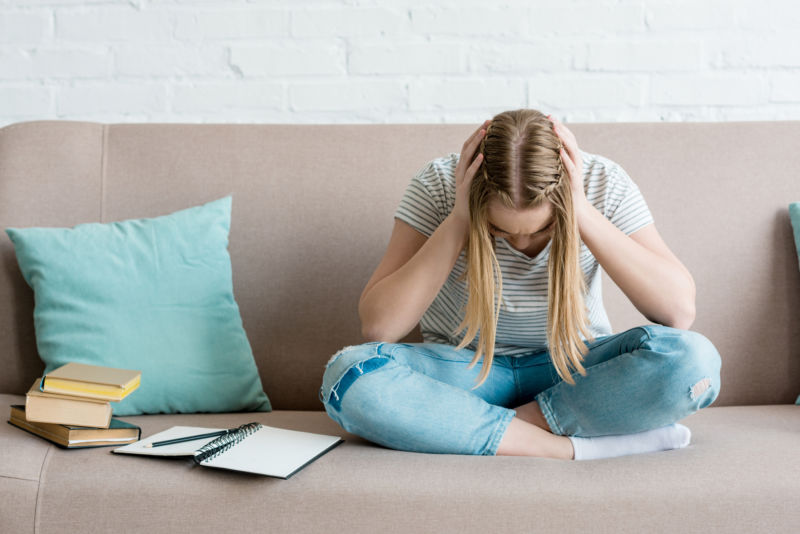Helping teenagers reduce drama and communicate more clearly with one another is an essential skill and one which boosts mental, social and emotional fitness.
Teenagers who are taught how to engage in more face-to-face conversation and less via apps and social media are better placed to speak openly about their thoughts, feelings and emotions, and more equipped to regulate themselves and their relationships.
The digital faceless age we are finding ourselves in, has sadly has stripped teenagers of opportunity to practice face-to-face conversations which can be both uncomfortable and awkward. Let’s face it, awkward is an undesirable way to feel, so it makes sense that teenagers, with little experience in awkwardness, will do anything in their power to bypass it and move straight to ‘safer’ and easy-to-edit communication – messages, texts and images.
We know digital communication tools invite miscommunication and blurred lines. With this in mind, we are constantly called to work harder to teach young people how to experience awkwardness and have still have a face-to-face conversation. WHY? Because what we practice, we usually get better at and this is the foundation for resilient, optimistic and confident living.
Practice hiding behind a screen = get good at it. Really good.
Practice face-to-face communication = ROC into life – interviews, meetings, tests, sport, teachers, meeting new people, joining groups, clubs and teams.
The list is long, the rewards are ongoing.
SAYING IT how IT IS –
I’d like to suggest five simple parts of face-to-face ‘saying it how it is’, which supports teenagers’ ability to speak what’s on their mind with less conflict, blame or shifting of responsibility.
- Share the respect –
Ask if now is a good time to talk about something on your mind.
Setting a time that’s a good fit, ensuring both people are available to speak is both respectful and fair. This avoids one person feeling like they have been sprung upon or attacked.
~ It might look or sound like this “Can we find a time to talk together?” - Share the memory-
This is our personal recollection of the situation we want to have a conversation about.
Keeping in mind this is perception and our personal version of events. Beliefs, past experiences and how we are feeling at the time all impact what we see, feel, hear and notice in any situation.
~ It might look or sound like this “Last Saturday when I was left at the party on my own and I didn’t know you left without me.” - Share the feeling – Be really specific in using the words that best describe your feelings at the time.
Helping young people stretch their emotional vocabulary is essential if they are to truly tap into their own emotions and capacity to name and share them. ‘Name it and trace it’ chapter in ROC and Rise book, is a very popular chapter among teens.
~ It might look or sound like this “I felt forgotten and embarrassed.” - Share the impact – Be clear in articulating the impact of the situation on you and the decisions you feel inclined to make as a consequence of it. This is the part that empowers teenagers to mend a problem, rather than run from it. It’s easy to slam the door on another person when we feel wronged by them, and I fear it’s quite a common strategy used by many teenagers, and in my experience coaching since 2008, especially so among girls.
~ It might look or sound like this “I’m worried I might be left alone so I don’t know if I want to go to the next party.”
- Share gratitude – When another humans gives us their time to be present and listen, thank them.
~ It might look or sound like this “Thanks for listening to me, I feel better that I shared how I’m feeling.”
Claire x
This idea is shared with teens in Claire’s book ROC and RISE. Endorsed by Maggie Dent and loved by teenagers and their families worldwide.
Related Posts



